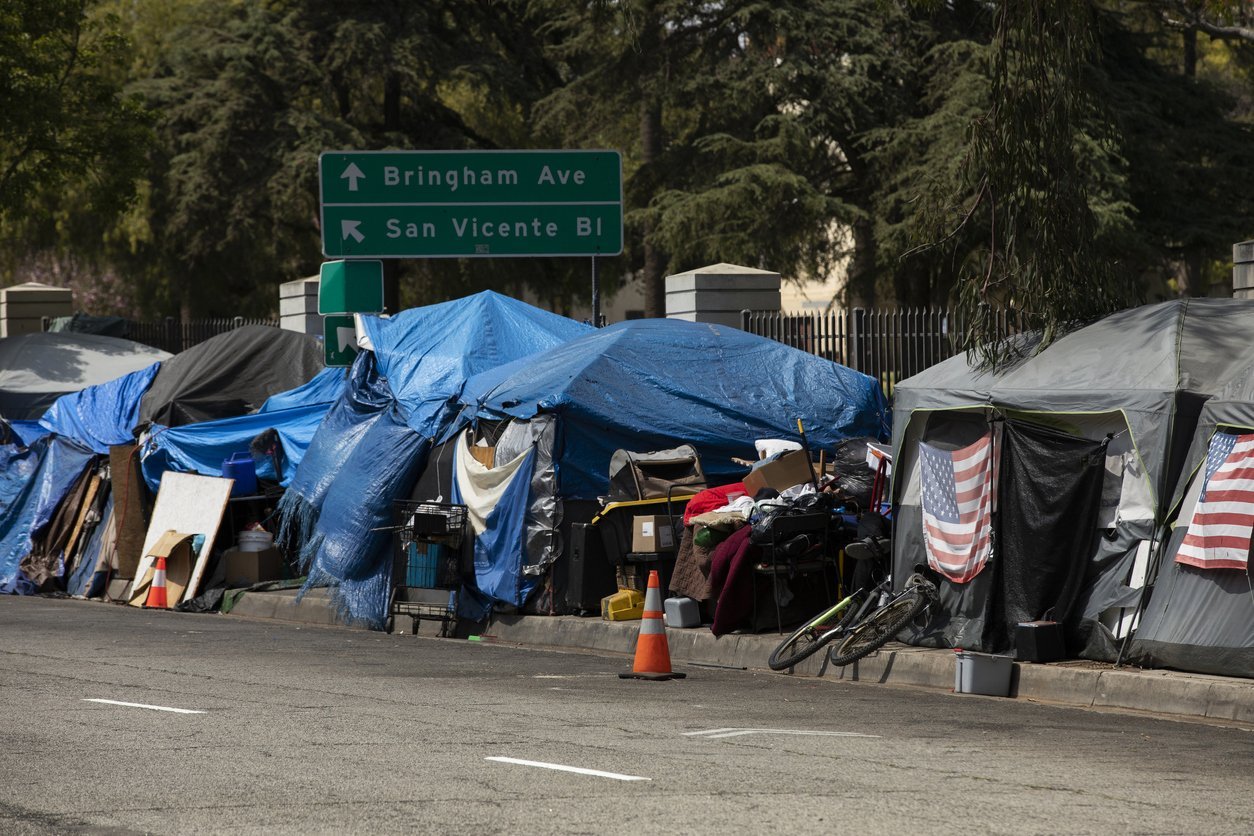Policing and Social Issues
In this section we focus on how a multitude of social issues delegated to the police as first responders affects police officers and the public trust and confidence in the police.
Police roles have expanded far beyond their original mandate, with officers often becoming first responders for social issues such as mental health crises, homelessness and substance abuse. Unfortunately, this poses numerous difficulties. The police often lack training in these areas and their presence may escalate situations further. Moreover, this broadening of responsibilities strains resources and can diminish public trust as well as impacting officer well-being.
An example of an alternative model would involve employing first responders such as mental health professionals or social workers as specialists to address specific types of emergencies, as demonstrated by programs like CAHOOTS in Eugene, Oregon. Other strategies may include co-responder models where officers pair with experts; diversion programs to steer individuals toward appropriate services; and community policing approaches. Such alternatives can lead to more humane treatment of social issues while freeing police up from non-core duties.

From Binary to Balanced: A Third Perspective on Immigration Reform
America’s immigration debate has become paralyzed by binary thinking: open vs. closed, welcome vs. deport. But what if that framing is the real problem?
This article by Chief Barney Melekian (ret.) explores how simplistic narratives have sidelined meaningful reform. He shares a bold, common-sense path forward that acknowledges the humanitarian crisis, the burden on local agencies, and the urgent need to move past political stalemates.


